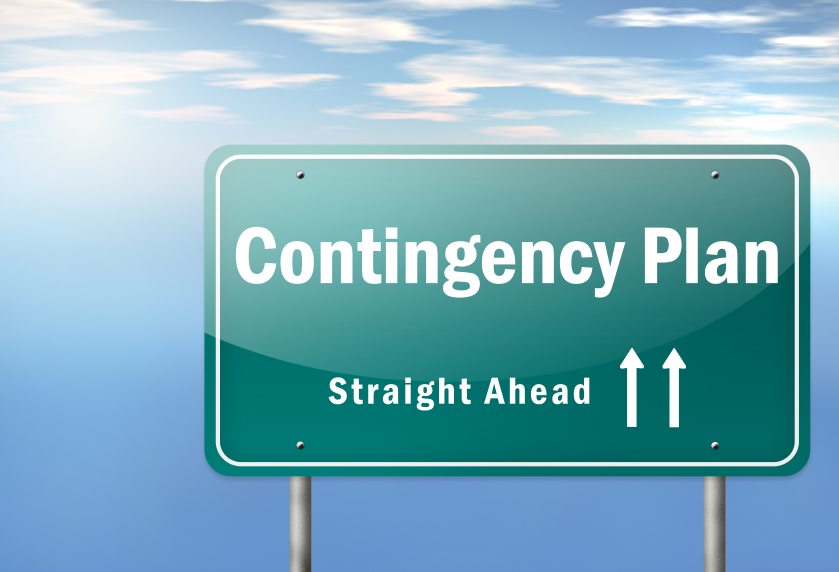Having a contingency plan for when one or more of your employees leave the company can be the difference between a smooth transition and a lengthy, costly process. Today we’ll discuss the most compelling reasons you should have succession planning at your company.
 |
Does your business have a formal succession plan in place for any of the key roles? Many businesses find this to be a critical component to ensure that the business runs smoothly when individuals retire or leave the organization. After all, without a plan in place, scrambling to find someone who is qualified, ready, and willing to take on a key role can be a challenge—and it’s a challenge that can result in lost business or reduced profitability if the process takes too long or if the successor is not the right fit.
For these and other reasons, many businesses of all sizes opt to have formal succession plans. Some choose to implement these plans only for the highest levels in the company. Others opt to implement them—either formally or informally—for all potentially vacant roles that have a direct impact on profitability. Regardless, one key aspect that some companies miss is the fact that a succession plan is not a one-time event. It should be reviewed and updated on a regular basis to ensure that the plan is still appropriate and that everything is still on track.
It’s the brave new world of HR. Start your strategic thinking with BLR’s new practical guide: HR Playbook: HR’s Game Plan for the Future.
Why You Should Update Succession Plans
Here are some of the many reasons why it is important to regularly review and update succession plans:
- Personnel changes happen. People leave, new people join the organization, individuals opt for new goals—all of these will affect the succession plan, especially if someone left who was identified as a potential successor for a key role. It’s also a chance to review newcomers to the organization and to see where they might fit into the succession plan. This could even include expanding the succession plan deeper into the company, which is a natural extension of the process.
- Business needs change. The organization may have different goals, which now necessitate different skill sets.
- Market situations change. The business may have grown, or there may be hardships the company is facing. When the market or environment changes, it can also mean different skills will be beneficial in the future.
HR 2015? Time to get planning with BLR’s new HR Playbook. Find out more or order here— HR Playbook: HR’s Game Plan for the Future.
- Competitors change. Much like other market changes, new competitors or new directions may change business needs.
- Individual capabilities and needs change. Some people will have received training in the time since the plan was last reviewed. This may broaden the possibilities for your succession plan. There may be better-qualified people than there were before. There could also be a situation in which people no longer want to take on the position they’re in line for. Reviewing the succession plan gives the team the chance to assess whether the original selections are still the most appropriate.
- Reviewing the plan is a way to ensure you’re on track with the necessary employee development programs that will allow the succession plan to be successful.
- You may be able to add more people to the plan. For each role, there should be more than one potential successor identified. This is the only way to ensure that all of the items above don’t derail the plan in the normal course of business. But it’s often easier said than done. Reviewing the plan on a regular basis could provide the opportunity to identify additional people that could be groomed for a particular role in the future.
- Identifying skills gaps and training gaps that exist that could keep the plan from working. The organization can evaluate whether or not adequate and appropriate training is occurring. This will allow individuals to grow and learn enough to eventually take on senior roles with greater responsibilities.
In tomorrow’s Advisor we’ll discuss the other 6 reasons succession planning is in your company’s best interest, plus an introduction to our guide, HR Playbook: HR’s Game Plan for the Future.
